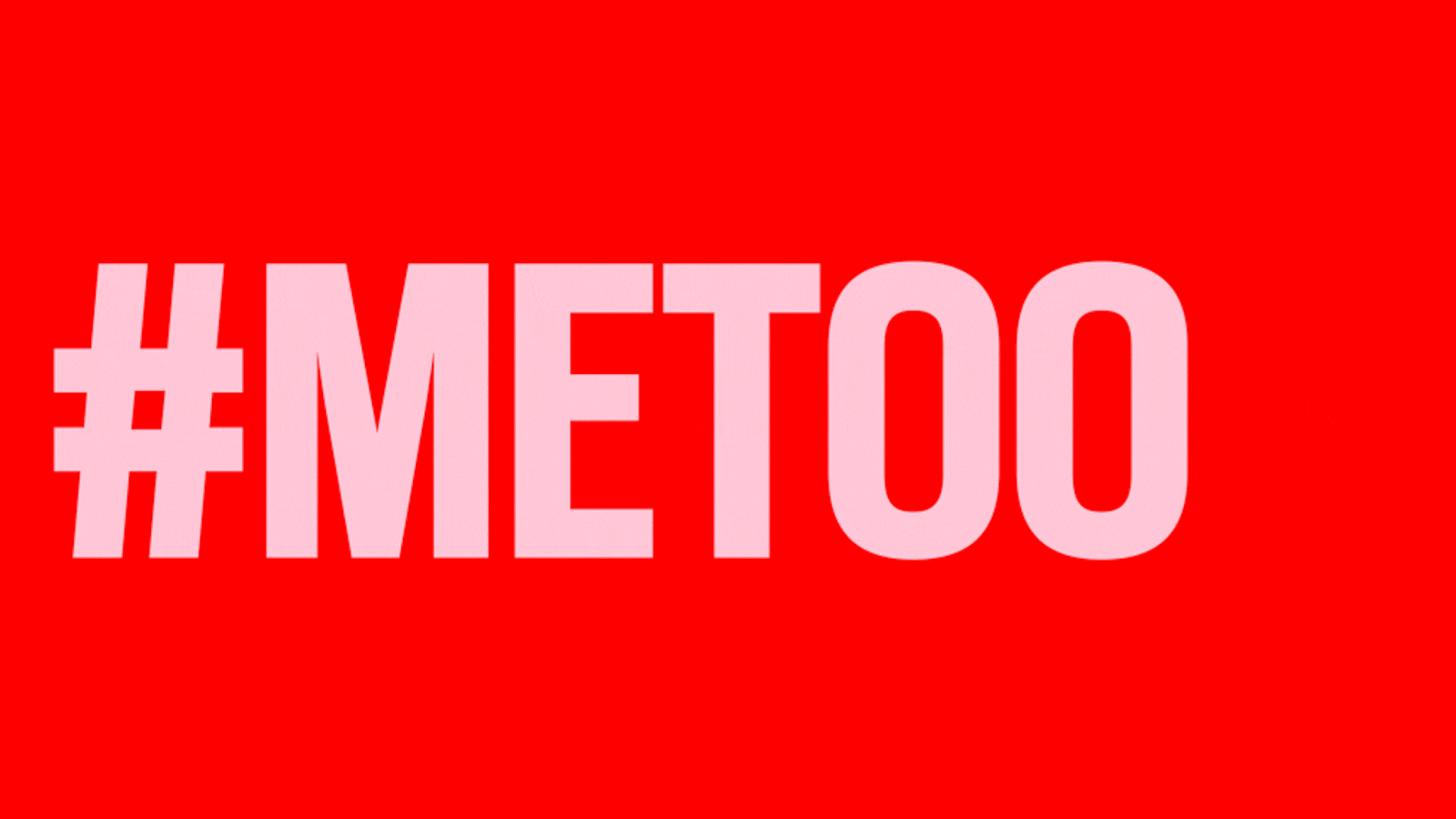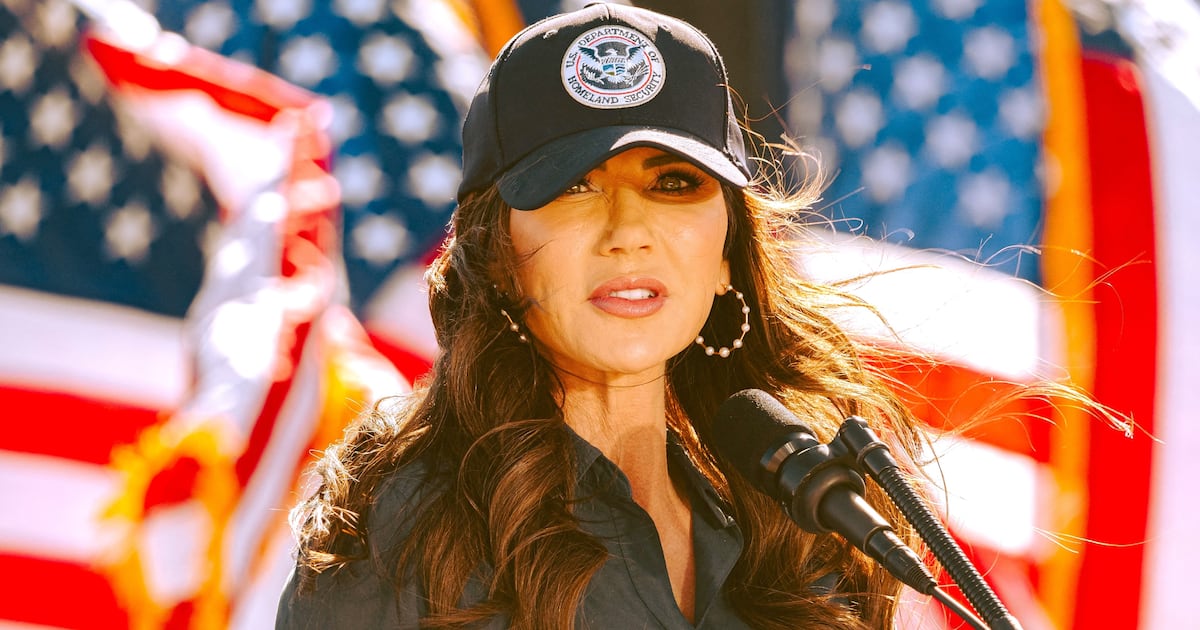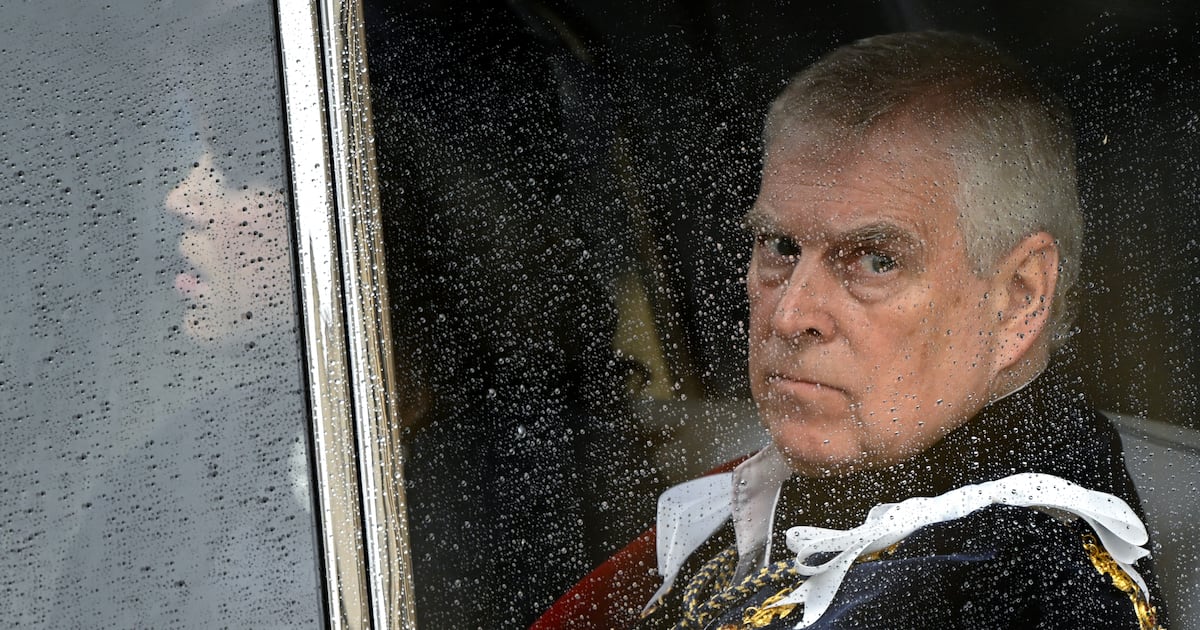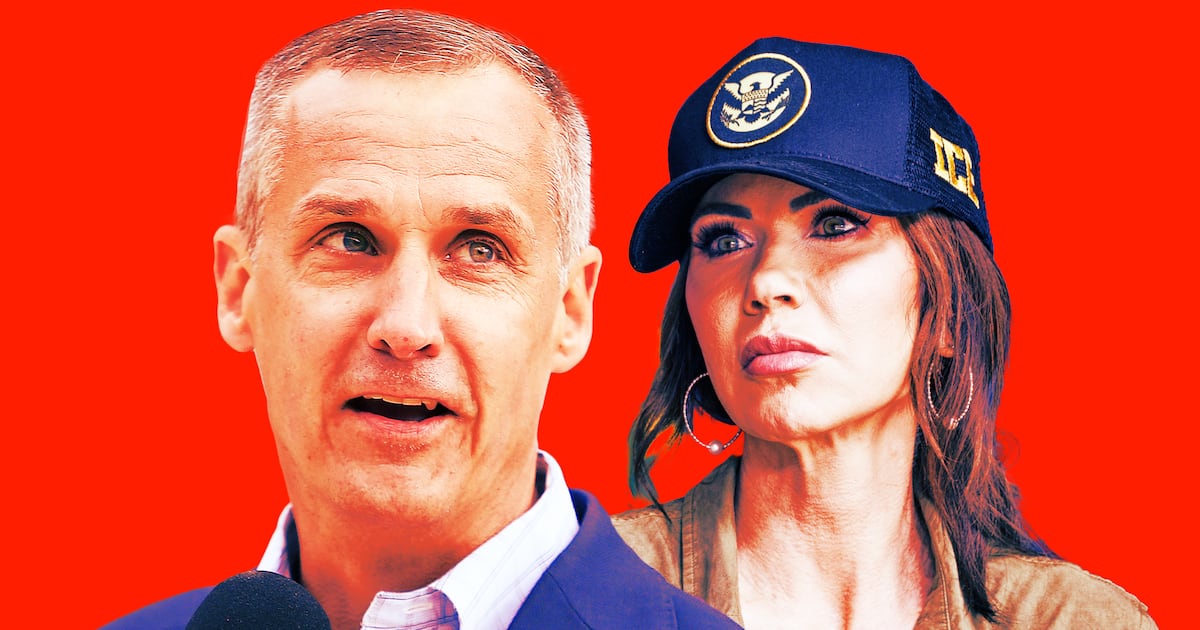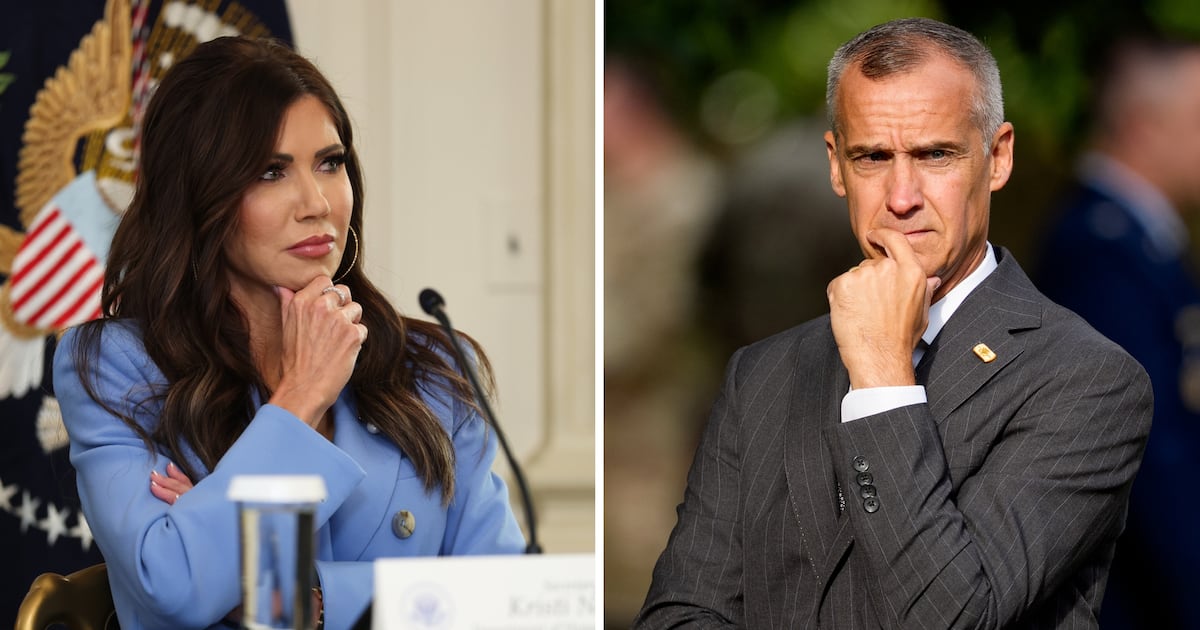In the days since actress Alyssa Milano encouraged victims of sexual harassment and assault to tweet #MeToo, the hashtag became a viral awareness-raising moment.
It pierced the culture of silence surrounding sexual assault, empowering women from McKayla Maroney and America Ferrera to acquaintances in your Facebook feed to tell their stories for the first time. And it made many men reflect on whether they’ve been complicit enablers of Weinstein-esque abuse.
The point of #MeToo was to show the “magnitude” of the problem—a way for victims of sexual harassment and assault to convince others that their experiences are real and that the behavior is widespread. But now that #MeToo’s virality has peaked on social media, what comes after the awareness-raising effort?
Needless to say, the #MeToo chorus isn’t going to stop men like Harvey Weinstein from sexually harassing and assaulting women. That’s not to say it won’t have a lasting impact on our culture. Indeed, high-profile cases that raised awareness around sexual misconduct in the past have led to cultural and legislative change.
After Anita Hill’s 1991 hearings claiming she was sexually harassed by Clarence Thomas, the Equal Employment Opportunity Commission saw sexual harassment complaints increase 50 percent from the previous year—a sign that Hill’s testimony had encouraged other victims to take action.
In 1992, Time magazine noted that some victims may have also been encouraged by “changes in the laws that resulted, ironically, from President Bush’s surprising reversal on the Civil Rights Act of 1991.”
A week before Hill’s hearings began, the White House affirmed its opposition to a bill that would help sexual harassment victims pursue up to $300,000 in federal damages awards, in addition to back pay and job reinstatement if they’d been fired. As Time pointed out, the Bush administration reversed its stance on the bill shortly after Hill’s hearings.
Media coverage of Weinstein’s downfall has made him a totem of sexual abuse on a broader scale. The #MeToo moment reflects that, but now it has to figure out how to move beyond catharsis and the online debate to affect cultural and legislative change.
Who will prevent the remaining Weinsteins in Hollywood from paying off and silencing victims in confidential settlements? How will we prevent the Roger Ailes of the world from forcing employees who come forward with sexual harassment claims into confidential proceedings, rather than allowing them to pursue justice in a jury trial?
In a sign that the post-Weinstein consciousness-raising efforts have already made some progress, Los Angeles’ city attorney Mike Feuer has encouraged victims of sexual harassment to come forward. “We know this is not just a Hollywood thing—it’s a workplace thing, arising all too often in virtually every industry,” Feuer said in a statement Tuesday. “We take allegations like these very seriously, and where the facts support the conviction, we will prosecute. Please come forward so that your cases—and justice—can be pursued.”
The Academy of Motion Pictures Arts & Sciences President John Bailey called the Weinstein moment a “turning point” in a letter sent to other Academy members on Tuesday. Having expelled Weinstein, the Academy will need to “more clearly define for ourselves the parameters of proper conduct, of sexual equality, and respect for our fellow artists throughout our industry,” Bailey said, though he added that the Academy will not be “an inquisition court.”
These are powerful words, but much like the #MeToo moment, they’re not enough to fix the problem. What actions will Hollywood take to clean house? How will it kill the casting couch tradition of expecting sexual favors for opportunities? How will the industry weed out power players who are “just used to” that kind of exchange and think they can still get away with it?
S0me have argued that the fallout from Weinstein’s exposure will deter other would-be slime bags from behaving similarly. Hot shot producers and directors may not mess with an actress like Jennifer Lawrence, for instance, because they know she has enough power in the industry to destroy their careers.
But what will stop a powerful director from taking advantage of the ingenue whose make or break moment depends on his approval? He knows how badly she wants the part, which makes his requests for a back massage harder to turn down.
“There are not enough systems in place in any industry to prevent this stuff, but [Hollywood] is an industry where a lot of women are freelancers and they’re beholden to men in power to protect their jobs,” said Melissa Silverstein, founder and publisher of Women And Hollywood, which advocates for greater gender diversity and equality in show business. “Men need to create systems in their businesses that allow more women to have opportunities to get into higher level positions. It’s all about power. And women don’t have enough of it.
The Producers’ Guild of America has also expelled Weinstein and created an “Anti-Sexual Harassment Task Force specifically charged with researching and proposing substantive and effective solutions to sexual harassment in the entertainment industry,” the Guild said in a statement.
These are first-steps–and even then, #MeToo doesn't end at Hollywood, far from it. The effects of its voices and velocity remain to be seen.

